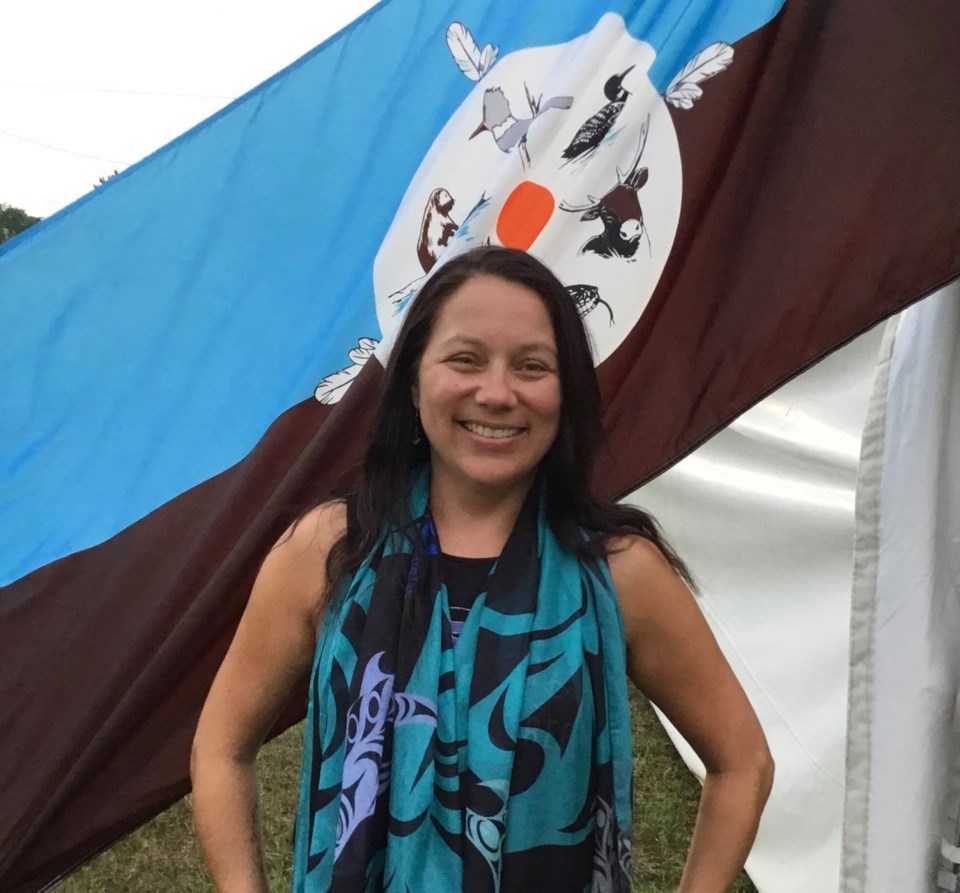TEMAGAMI - Teme-Augama Anishnabai and Temagami First Nation leaders have joined their voices with other Ontario chiefs calling upon the federal government not to implement the Metis Government Recognition and Self-Government Agreement.
In a May 11 press release, they state that they have "numerous concerns related to the flawed research and an opaque process that led to the eventual 2017 recognition of six new 'historic Metis' communities in the Province of Ontario."
However, Metis Nation of Ontario president Margaret Froh expressed the view that the existence of Metis people in the region is a fact of history, and the self-government agreement is about governance and protection of its citizens, children, and communities and does not impact First Nations.
Teme-Augama Anishnabai Chief Leanna Farr said in the release "We have learned that the Metis Nation of Ontario (MNO) is recognizing Metis citizens based on claims that historic and contemporary Metis communities have existed and continue to exist within N'dakimenan (our Homeland). They are also asserting that their member citizens are now entitled to specific Aboriginal rights within our territory. This is concerning given that there have never been distinct Metis communities within N'dakimenan."
The leaders of Teme-Augama Anishnabai and Temagami First Nation state that, "in 2017 the MNO was able to convince the Province of Ontario that a number of historic Metis communities existed prior to effective control. This process involved detailing which the MNO refers to as 'verified Metis family lines,' each line identifying one or more 'Metis root ancestors.' Yet, Teme-Augama Anishnabai, including members of the Temagami First Nation, have thoroughly documented their history through oral tradition, fur trade records, and church records. There is clear evidence that the MNO is often recasting well known Teme-Augama Anishnabai as 'Metis ancestors' for the purpose of political gain and Indigenous credibility."
Temagami First Nation Chief Shelly Moore-Frappier commented that "it is important that any MNO 'citizens' claims via Teme-Augama Anishnabai descendancy, and any claims of Metis rights to use and occupy N'dakimenan, be resolved immediately. To date, there has been no consultation with First Nations on proposed self-government agreements that are linked to our people and our lands and this is unacceptable."
MNO RESPONSE
MNO president Margaret Froh commented in a telephone interview with The Speaker that Metis rights are protected by Section 35 of the Constitution.
The Metis are one of three distinct groups of Indigenous people which includes First Nations and Inuit, she explained.
The Metis are people with mixed First Nation and European ancestry, she said.
"This is a fact of our history."
The Metis people have their own customs, their own way of life and are a recognizable people, she stated. Metis people have "their own collective identity, their own shared customs, practices and traditions."
She said historic research in Ontario has been used to determine where there are other historic Metis communities.
Froh said "a very thorough, rigorous process" was applied, and in the fall of 2017, with the Province of Ontario, seven historic Metis communities were recognized and that included the Abitibi-Inland-Timiskaming community.
Most recently, in February 2023, the Metis self-government agreement was signed with Canada, she stated.
"This agreement we signed is about Metis self-governance, it's about our citizens, how we choose our elected officials, it's about our internal financial management and governance,” said Froh.
“It's about protecting our Metis children through Child and Family Services." She added, "It's not about lands, it's not about harvesting in any way.
Darlene Wroe is a Local Journalism Initiative Reporter with the Temiskaming Speaker. LJI is funded by the Government of Canada



